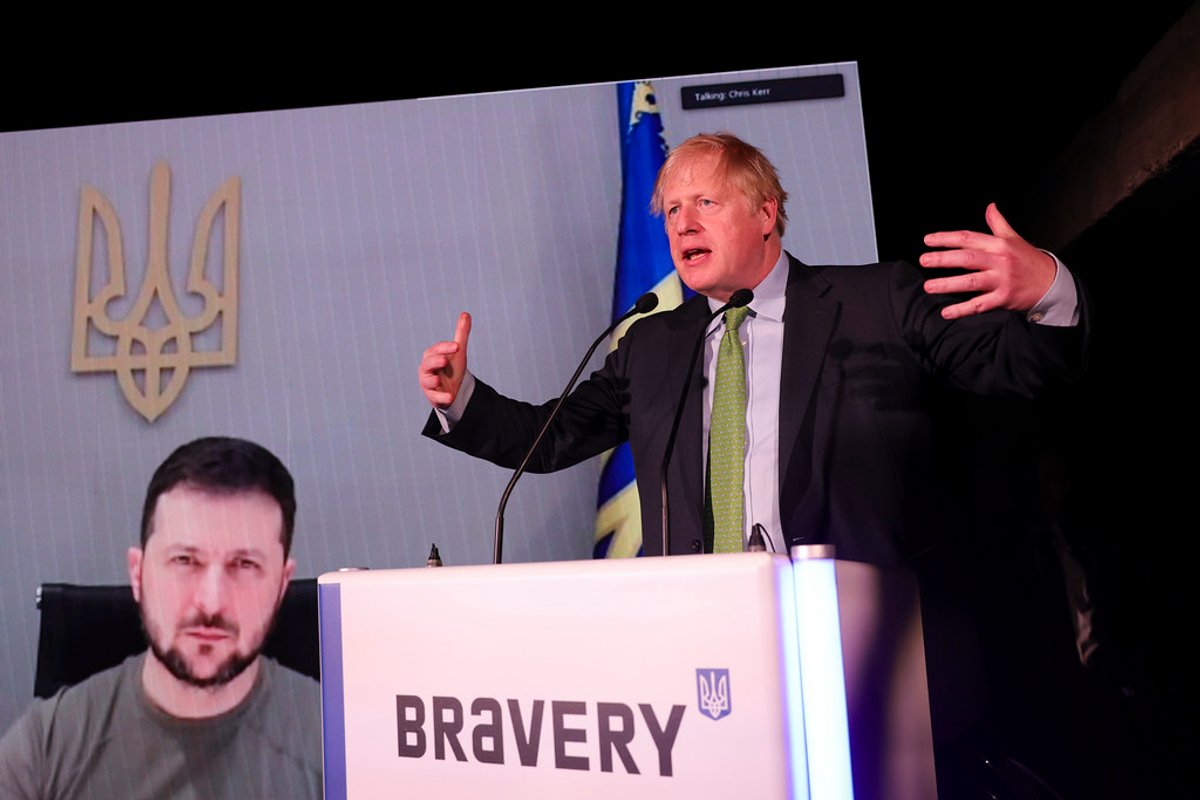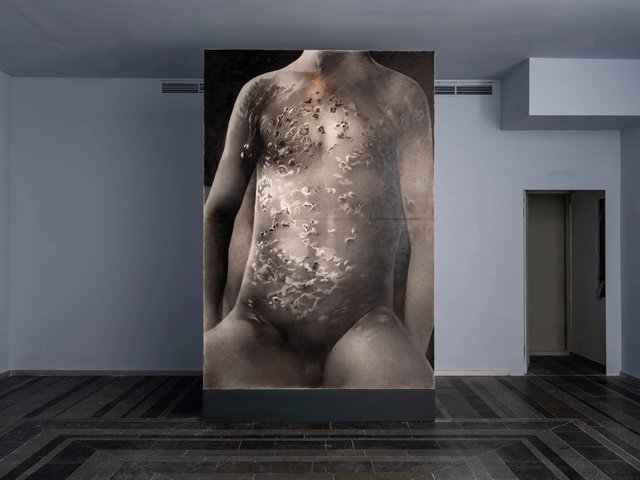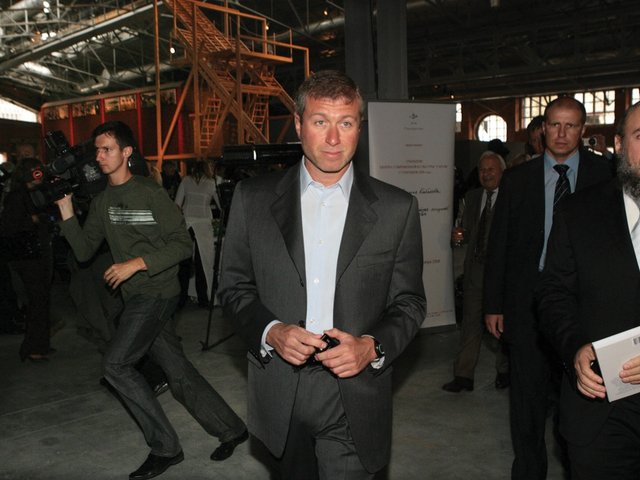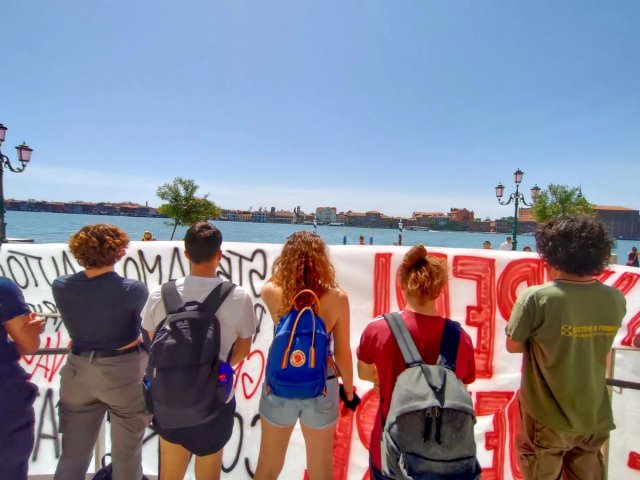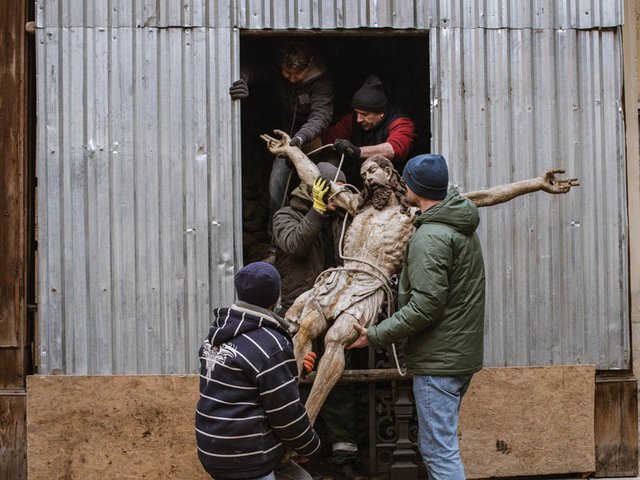The very rich men and women were invited to walk through a dark passage studded with abandoned detritus and tank traps. The guests were at Tate Modern to pay homage to Ukraine’s resistance, to view some special installations, and to hand over wads of cash to the cause.
The Brave Ukraine fundraising event on 6 May was organised by Christie’s and the Ukrainian Embassy in London amid much secrecy. Accounts of it, from some attendees, shine an intriguing light on art, wealth, worthy causes and a flexible approach to morality.
The warm-up act was the supreme master of ethical insouciance, Prime Minister Boris Johnson. He has won plaudits for being quick to provide military assistance to Ukraine’s President Volodymyr Zelensky and to give him vocal political support. Yet, true to form, he has uttered not a word of explanation, let alone contrition, for cavorting with the oligarchs, partying, playing tennis and taking their money for the Conservative Party.
The great and good were queuing up to rub shoulders with the Prime Minister. Also present were Liz Truss, the Foreign Secretary, and Sir Keir Starmer, the Labour leader. Star of the show was Zelensky himself. He appeared by video screen, but only after awkward tech problems that were believed to be more to do with the bandwidth of the hosts in London rather than war-torn Kyiv.
Johnson urged the guests to “dig deep”. The most expensive lot was one of Zelensky’s fleeces that have become emblematic of Ukrainian military defiance. The khaki item, which the president had signed on its left sleeve, had a reserve price of £50,000. That, Johnson exhorted them, was “a snip”. They heeded his word, and the hammer came down at £90,000. Second prize was a tour of Kyiv—presumably once things have quietened down a bit—with Mayor Vitali Klitschko. Overall, more than £600,000 was raised, much of it going to help re-equip a specialised children’s medical centre in the west of the country.
The guest list was small and discreet, carefully chosen to avoid any taint of “previous” with the Kremlin—some feat for a community that has spent the past two decades supping at the hand of Russian oligarchs. Now it is all change. Slava Ukraini!
The cultural world has followed the lead of the other service industries of Londongrad. Auction houses are a natural concomitant to wealth managers, reputation launderers, property developers, private schools and, top of the pile, libel lawyers, all of whom became handmaidens to a tiny slew of Russians. Meanwhile, the subsidised sector has needed to find money from wherever it came.
Tate, which described the event as a “statement of solidarity with Ukraine”, is no different to others. The dilemma of these businesses—and, as ministers have urged them to, they see themselves as businesses—is acute. Each of the three sources of revenue has been under pressure. Earned income, through ticket prices (for those who charge), or from sales from shops and cafés, plunged during the pandemic. Emergency government rescue packages made up some, not all, of the shortfall. Over time, the proportion of state subsidy has been whittled away.
Under this government, public funding also comes with ideological strings attached. The cultural sector, not the most politically savvy at the best of times, is frightened of using its economic heft and has returned to its default position of supplication. Woe betide any arts leader who declines to extol the “opportunities” of Brexit or criticises the government on other fronts. Further pressure has come from contemporary artists, who have mounted the barricades on decolonisation, climate and other causes. From BP to the Sacklers, some of the most sustained and strongest funders have been declared personae non gratae. Now the Russians too.
Many Russians who sat on boards and gave big—and not only attended major events at galleries and theatres, but often curated them—have been told that they and their money are no longer welcome. For the moment at least. This narrows the pool further for philanthropy.
“The situation is incredibly difficult for fundraising, particularly for naming opportunities,” says one veteran of the scene. “People are reluctant to give one minute, only to find out that they’ve been banished the next. This has left us all with a gaping hole, and we’re going to have to find ever more inventive ways of filling it.”
In the interim, one former museum chairman suggests a particular reason why arts organisations have seized on Ukraine with such fervour. Part of it is genuine horror, shared by all (or almost all) at the war and Russian war crimes. Part of it, he adds, is that “people in the arts world are desperate to be seen to be for something, because over the last several years they’ve been defining themselves by what they’re against”.
• John Kampfner is an author and broadcaster and executive director of the UK in the World programme at Chatham House


